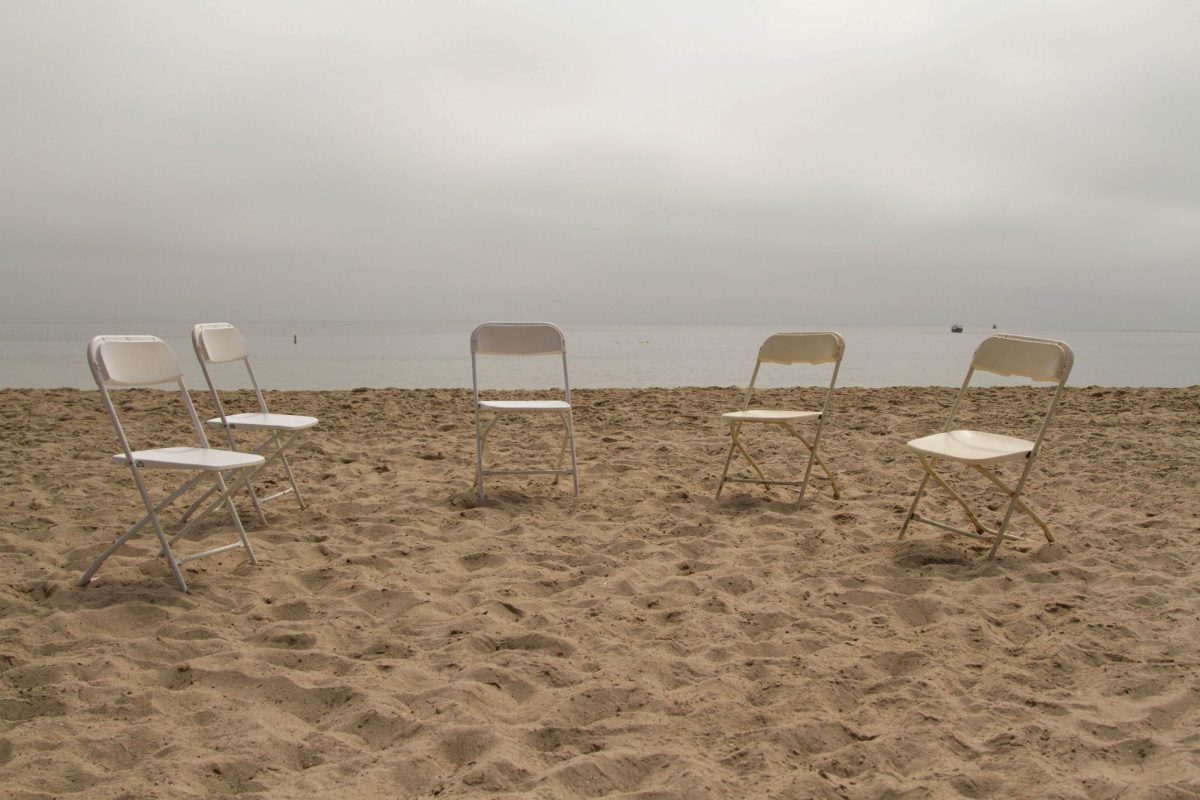The First Amendment of the Constitution guarantees freedom of the press so that we may watch over the government and report on its actions to the people responsible for its creation. That is the core of participatory democracy.
The Channels regularly attends government meetings to make sure our readers are aware of the actions campus officials take and why. Like all newspapers, we act as the watchdog of our community.
During an Academic Senate meeting Wednesday, Sept. 28, Dr. Peter Haslund, past senate president, opened a discussion about a column written by Channels staffer Logan Morrison titled “Perspective on skipping class.” Haslund took serious exception to the column; he presented his response letter to the column and an article from the L.A. Times. The senate went on to discuss the issue at length.
This presentation, however, was not listed on the meeting’s agenda beforehand.
So even though The Channels’ editor had read the agenda before the meeting, she was not aware of the senate’s intent to discuss the column. As the editor has full control over the content of The Channels, both she and Morrison should have had the opportunity to represent themselves.
Haslund has the right to report on his activities or to make announcements at these meetings. But the law dictates that any discussion must be postponed and listed in detail on the next meeting agenda. The senate should not have discussed Haslund’s activities.
We believe the Academic Senate violated the Ralph M. Brown Act, California’s open meeting law. This law states: “…the people, in delegating authority, do not give their public servants the right to decide what is good for the people to know and what is not good for them to know.” The purpose of the law is to safeguard the spirit of open government that exists in America.
In a follow-up meeting last week, the senate’s steering committee reached the consensus that senators did not break the law when they discussed a controversial, student-related item without clearly listing it on the agenda. As the affected students, we disagree.
We at The Channels believe it is important that we act as the watchdog of the City College campus. We will continue to use tools such as the Brown Act to keep the spirit of open government alive.
The senate is talking a lot these days about student success. We think part of that success depends on equal partnership, and letting us make decisions for ourselves. As students we know we are here to learn. We think this new senate also has a learning curve.
We challenge all campus governing bodies to respect the spirit of open government. Teachers truly concerned with student success should not take away students’ power to participate in their own community.






